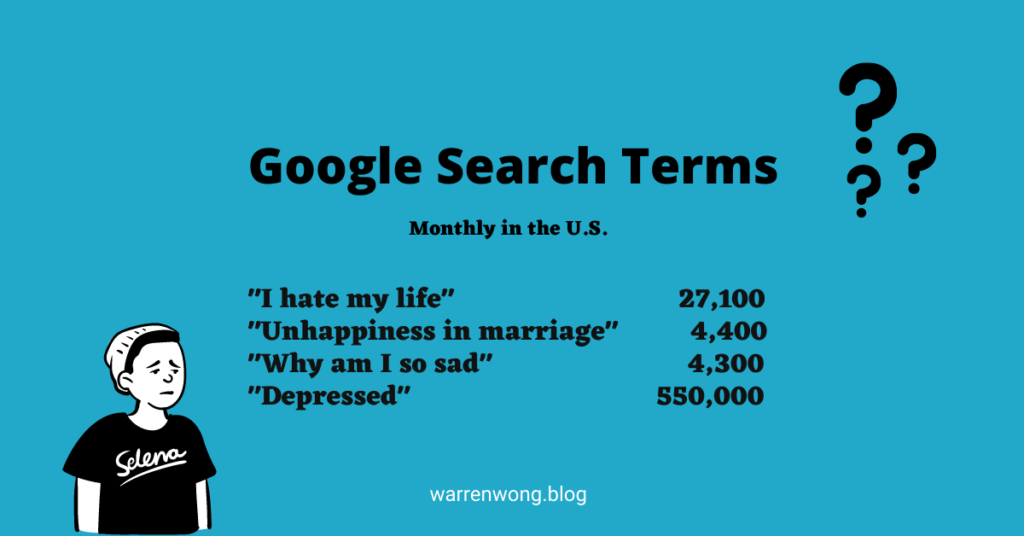

When asked “How happy are you on a scale from 0 to 100?” respondents must judge for themselves what the end points of the scale represent. The principal critique of the research cited on behalf of the hedonic treadmill is that happiness measures rely on subjective self-reports whose interpretation is unclear. The conclusion that material circumstances have no effect on welfare seems implausible and objectionable, because it implies that economic inequality is irrelevant, that the poor would be no better off if they were rich. Pleasant smells usually become less intense (and less pleasurable) with continued exposure, and a 70° Fahrenheit room that initially feels delightful when one comes in from the cold ceases to confer pleasure after one has been inside for a while.ĭespite the appeal of these analogies, the suitability of the treadmill metaphor remains in question.

The hedonic treadmill metaphor draws support from adaptation in other domains. The metaphor is also interpreted to mean that humans’ happiness will decline if their material circumstances remain constant. The lack of evidence for a relation between objective circumstances and reported well-being has given rise to the concept of a hedonic treadmill, on which humans’ happiness remains stationary, despite efforts or interventions to advance it. Similarly, as nations get wealthier, the reported well-being of its citizens does not increase. For example, winners of lotteries do not report themselves as being much happier than other people, and those who were paralyzed in an accident do not report themselves as being much less happy. Indeed, many studies suggest that they are hardly correlated at all. However, as the example of the “poor little rich girl” suggests, objective outcomes and happiness are not perfectly correlated. It is widely assumed that material circumstances strongly affect human happiness.


 0 kommentar(er)
0 kommentar(er)
